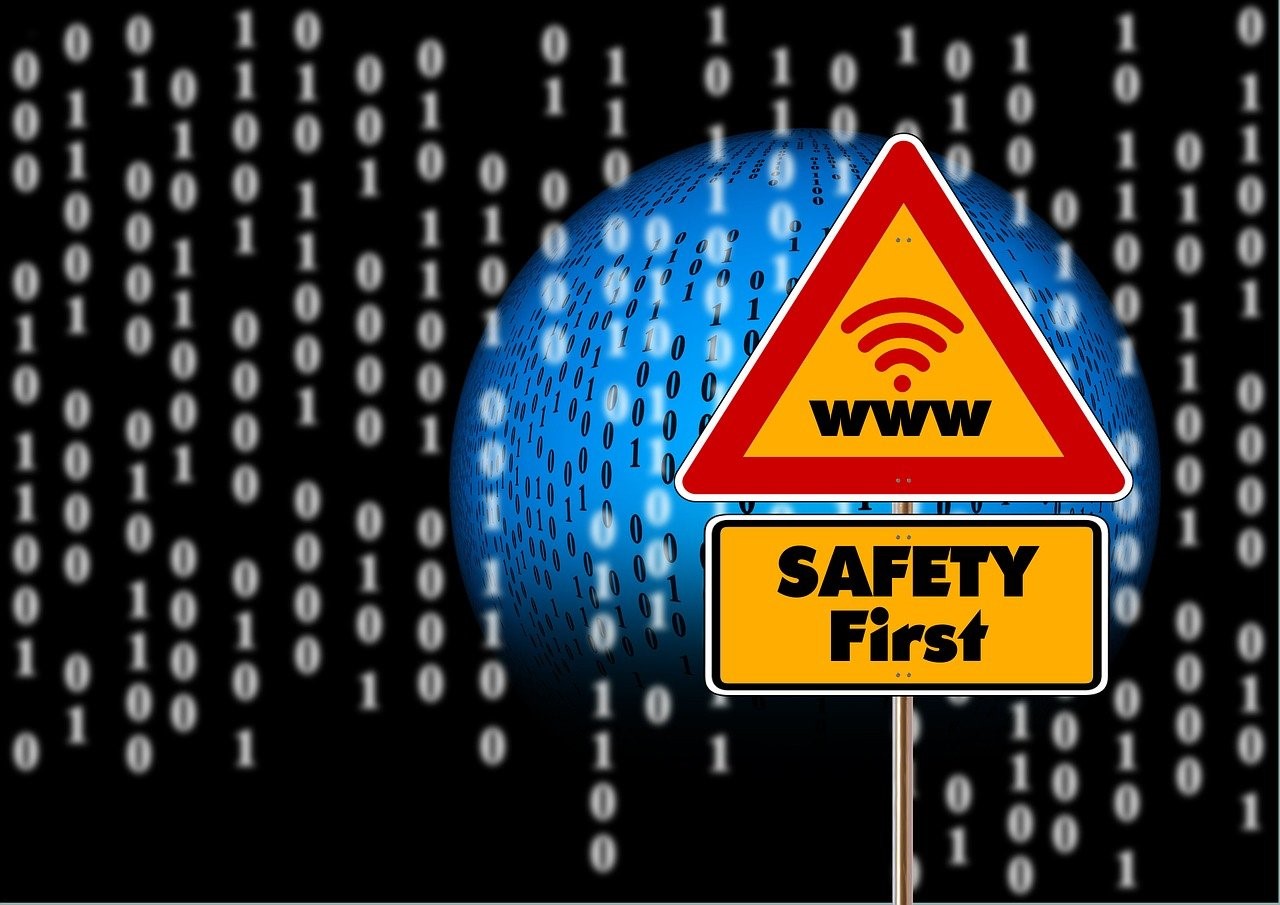Learn about ten important ways to protect your personal information online
With the widespread use of digital devices and social media, protecting your personal information online has become very important. Every day we hear about data breaches and cyberattacks. So, safeguarding your sensitive information from falling into the wrong hands has become even more necessary. In this mini guide, we will explore various ways to help you protect your personal data. While using strong passwords is one of the most important ways, we will discuss other methods, such as enabling two-factor authentication, using a VPN on free WiFi networks, and employing a password manager.
1. Use Strong Passwords to Secure Your Online Accounts
The first line of defense in protecting your personal information online is to use strong passwords for all your accounts. A strong password should have the following characteristics:
1.1 Length and Complexity
Aim for a password that is at least 12 characters long. Longer passwords are generally more secure, as they are harder to crack. Incorporate a mix of uppercase and lowercase letters, numbers, and special characters to increase the complexity of your password.
1.2 Unpredictability
Avoid using common words, phrases, or patterns in your password. Instead, opt for a combination of random words or create a unique passphrase that is meaningful to you but not easily guessable by others.
1.3 Regular Updates
Change your passwords periodically, and never reuse old passwords. Regular updates can help prevent unauthorized access to your accounts, even if your password gets
compromised.
Click Here to use Password Strength checker and other Web Tools- 100% Free
2. Enable Two-Factor Authentication for Enhanced Security
Two-factor authentication (2FA) adds an extra layer of security to your online accounts. With 2FA enabled, you must provide additional proof of identity, such as a one-time code sent to your phone or a fingerprint scan, in addition to your password. This makes it more difficult for cybercriminals to access your accounts, even if they have your password.
3. Safeguard Your Data on Public WiFi Networks with a VPN
Free public WiFi networks can be convenient, but they often lack robust security measures, making them an easy target for hackers. Always use a virtual private network (VPN) to protect your personal information while using public WiFi networks, always use a virtual private network (VPN). A VPN encrypts your internet traffic, ensuring your data remains secure and private, even on unsecured networks.
4. Use a Password Manager to Keep Your Passwords Safe and Organized
Remembering multiple unique, strong passwords can be challenging. A password manager can help you keep track of all your passwords, store them securely, and even generate strong passwords for you. With a password manager, you only need to remember one master password to access all your saved credentials. Popular password manager tools include LastPass, 1Password, and Dashlane.
5. Protect Your Social Media Accounts and Limit Oversharing
Your social media accounts can reveal lot of personal information to potential hackers. To protect your information, follow these guidelines:
5.1 Adjust Privacy Settings
Regularly review and adjust the privacy settings on your social media accounts. Ensure your posts, comments, and profile information are only visible to your friends or trusted contacts.
5.2 Be Cautious About What You Share
Avoid posting sensitive personal information on social media, such as your home address, phone number, or financial details. Also, be mindful of sharing your location, as this can reveal your whereabouts and make you a target for cybercriminals.
6. Watch Out for Phishing Scams and Suspicious Emails
Phishing scams are a common tactic used by cybercriminals to trick you into revealing your personal information. Be cautious of emails or messages from unknown senders, and look for signs of phishing, such as spelling errors, vague greetings, and suspicious email addresses or URLs. Never click on links or download attachments from suspicious emails.
7. Ensure that Websites are Secure Before Sharing Your Information
Before entering your personal information on a website, check if the site is secure. Look for a padlock icon, a green address bar, or "https://" at the beginning of the URL. These indicators signify that the website uses encryption to protect your data.
8. Keep Your Devices and Software Updated
Regularly update your devices and software to protect against potential security vulnerabilities. Cybercriminals often exploit known weaknesses in outdated software to access your personal information. By keeping your software up-to-date, you can minimize the risk of data breaches.
9. Install Antivirus and Anti-Malware Software
Protect your devices from viruses, malware, and other security threats by installing reputable antivirus and anti-malware software. These programs can help detect and remove malicious software before it can compromise your personal information.
10. Regularly Backup Your Data
Backing up your data is an essential step in protecting your personal information. Regular backups ensure you have a copy of your important files in case of data loss due to a cyberattack, device failure, or other unforeseen events. Consider using cloud storage services or external storage devices for your backups.
In conclusion, protecting your personal information online requires vigilance and the adoption of multiple security measures. By using strong passwords, enabling two-factor authentication, employing a VPN on free WiFi networks, and utilizing a password manager, you can significantly reduce the risk of your data falling into the wrong hands. Stay proactive in safeguarding your personal information to enjoy a secure online experience.
Click Here to use Strong Password Generator and other Web Tools- 100% Free
